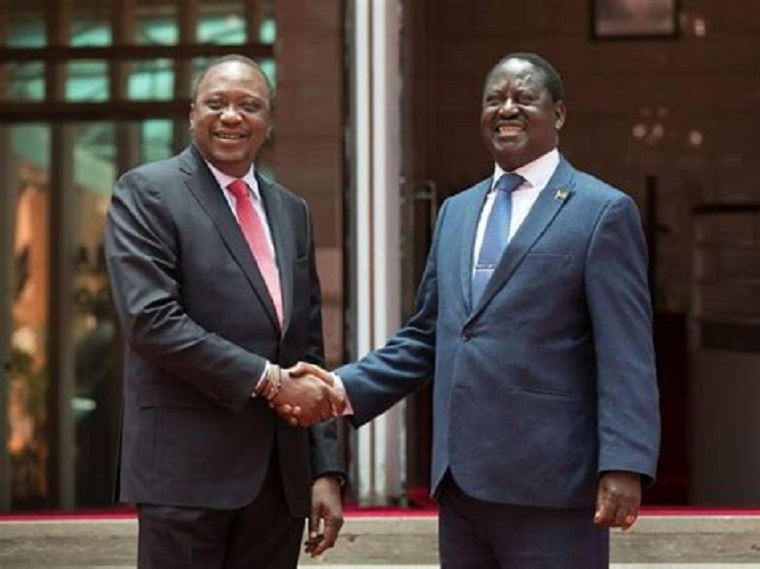Election manipulation is a hot story. In the last few days, Cambridge Analytica, which claims to use data to change behaviour including that of voters, has been accused of breaching Facebook rules in its efforts to collect personal data and use them to bring Donald Trump to power.
Cambridge Analytica is accused of interfering in elections on a very broad canvas. In Nigeria, it’s said to have used underhand tactics to try and secure the re-election of then President Goodluck Jonathan in 2015.
Allegations in Kenya have focused on claims that Cambridge Analytica helped President Uhuru Kenyatta to retain power in 2017 by designing divisive campaigns that demonised opposition candidate Raila Odinga, bringing the country closer to civil conflict.
But caution is required, at least when it comes to the stories about interference in Nigeria and Kenya. The company’s impact has in fact been massively exaggerated as a result of claims made by Cambridge Analytica itself.
Speaking about the campaign of Kenyatta’s Jubilee Party, managing director Mark Turnbull has been caught on camera claiming to have “staged the whole thing”. Unsurprisingly, given the willingness of employees of the firm to talk about the use of underhand strategies such as honey traps and fake news, opposition leaders are up in arms. National Super Alliance official Norman Magaya has called for a full investigation into Cambridge Analytica’s role, accusing it, and the ruling party, of trying to subvert the people’s will.
But while such investigations need to be conducted and questions raised by the opposition need to be answered, we should also ask a prior question: can Cambridge Analytica deliver on its claims?
The evidence from Africa is no.
This is not to say that Cambridge Analytica doesn’t present a threat to democracy, or that it should not be ashamed of itself or face investigation. But it is to say that its impact in Africa has been over-hyped because it serves a variety of interests to do so.
In Nigeria, the company was brought in to save President Jonathan by wealthy supporters desperate for him to stay in power. It failed. In the 2015 elections, Jonathan became the first ever Nigerian leader to lose at the ballot box. In fact he didn’t only lose. He was soundly beaten by an opposition party competing with one hand tied behind its back in a political system that conferred massive advantages of incumbency.
There are also reasons to think that the company’s impact has been overstated in Kenya. It is true that Kenyatta was eventually declared the winner of the election – though the first contest was nullified by the Supreme Court for procedural irregularities and the opposition did not take part in the re-run – but there is little evidence that Cambridge Analytica’s much vaunted ability to manipulate “big data” was the reason for this.
Continued next page
(134 VIEWS)
